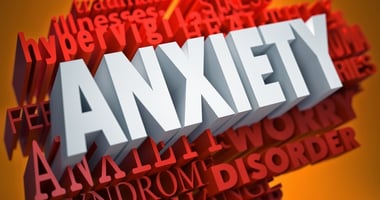TSpider/Shutterstock Equine-assisted therapy--using horses as a therapeutic...
Psychotherapies Can Aid Depressive Symptoms in Pediatric IBD, Study Shows
 |
Eve Szigethy, M.D., Ph.D., an associate professor of psychiatry and pediatrics at the University of Pittsburgh, and colleagues randomly assigned 161 depressed youth with Crohn's disease and 56 depressed youth with ulcerative colitis to a three-month course of CBT or SNDT. The children ranged in age from 9 to 17. The primary outcome was reduction in depressive symptom severity; secondary outcomes were depression remission, increase in depression response, and improved health-related adjustment and IBD activity.
Both psychotherapies resulted in significant decreases in total Children's Depression Rating Scale Revised score (37.3% for CBT and 31.9% for SNDT), but the difference between the two treatments was not significant. CBT showed a greater reduction in “IBD activity”—which is based on a questionnaire filled out by gastroenterologists that captures degree of inflammation as well as symptoms related to having active IBD—but no greater improvement on the Clinical Global Assessment Scale and health-related quality of life. Over 65% of youth had a complete remission of depression at three months, with no difference between the two therapies.
Szigethy told Psychiatric News that depression is common in chronic pediatric diseases and, if untreated, is associated with poorer outcomes and increased medical costs. “The significance of this study is that it provides evidence that psychotherapy may be a useful adjunct to medical treatment in chronic physical diseases like IBD and underscores the importance of integration of behavioral health into pediatric medical care delivery,” she said.
For related information, see the Psychiatric News article, "Childhood Stomach Pains May Foretell Adult Anxiety Disorders."
(Image: KateStone/shutterstock.com)





